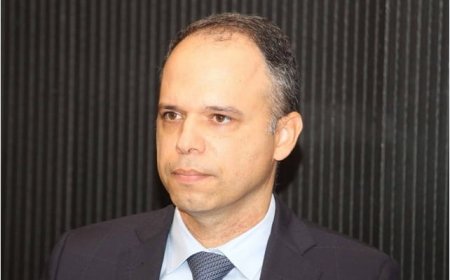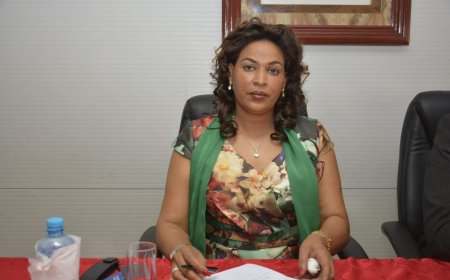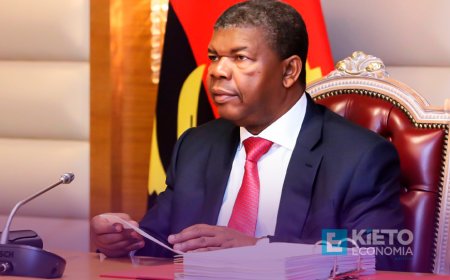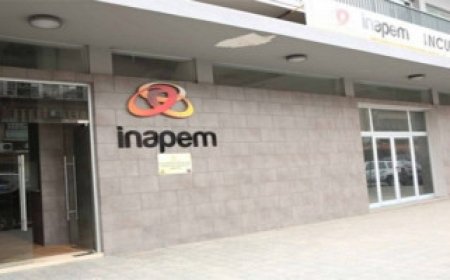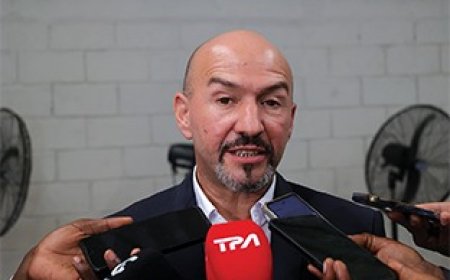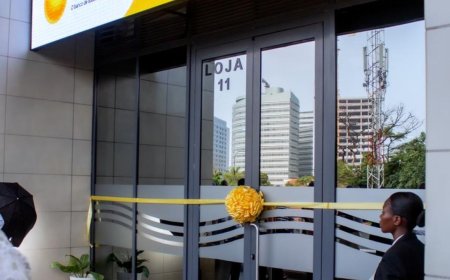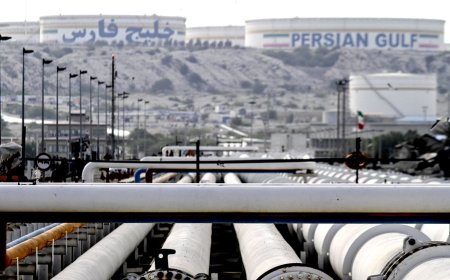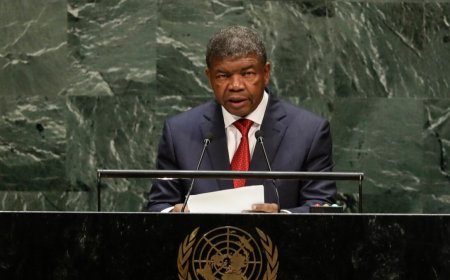Diesel consumption drops to more than 500 million liters in 2023.
The country has recorded an exponential decline in diesel consumption in recent years, going from 1.36 billion in 2015, to 560 million liters in 2023, the information was provided, this Thursday morning, by the Secretary of State for Energy, Arlindo Bota Carlos.
On the sidelines of the XIV Water, Energy and Environment Forum, the secretary made it known that in the last eight years Angola had a significant loss of 60% in annual diesel consumption in thermoelectric plants.
Fuel consumption decreased from 1.36 billion to 560 million liters due to the 61% decline in the country's weak thermal generation capacity, meaning the government plans to increase electricity production capacity by up to 50% this year 2027.
At the current date, the country has a rate of 43%, covering only ten of Angola's eighteen provinces, meaning it expects to increase 7% of its production with the completion of the Laúca Hydroelectric plant, which has a production capacity of 2070 MW, construction of the Caculo-Cabaça hydroelectric plant is also underway, and when completed it will contribute to the production of 9000 MW.
In 2022, the construction of the Biópio Photovoltaic Plants with around 188 MWdc, and Baia Farta with around 97 MWdc, will be completed, which contribute approximately 4% of Electrical Production, allowing an annual saving of 3 million tons of fuel fossil fuels and, consequently, a reduction in carbon dioxide emissions of around 9 million tons.
On the occasion, the representative of the ZEE PCA, Carla Silvestres said that Angola faces complex challenges with regard to water, energy and the environment. However, "it is important that we look beyond the difficulties, we must embrace innovation and collaboration to find solutions that are both effective and sustainable in the long term."
The Luanda-Bengo Special Economic Zone is committed to adopting technologies and practices that reduce water and energy consumption, while minimizing environmental impact. And it is also strengthening collaborations with interested parties to promote policies and initiatives that boost sustainable development across the region.
The XIV Water, Energy and Environment Forum is an extension of FIN Business, promoted by JEUNE (Organization of Young Entrepreneurs of the European Union) in partnership with ZEE, taking place every year in Portuguese-speaking countries (PALOP). Aiming to explore innovative solutions to achieve significant improvements in the distribution and preservation of fundamental water, energy and environmental resources.
Diesel consumption drops to more than 500 million liters in 2023
The country has recorded an exponential decline in diesel consumption in recent years, going from 1.36 billion in 2015, to 560 million liters in 2023, the information was provided, this Thursday morning, by the Secretary of State for Energy, Arlindo Bota Carlos.

On the sidelines of the XIV Water, Energy and Environment Forum, the secretary made it known that in the last eight years Angola had a significant loss of 60% in annual diesel consumption in thermoelectric plants.
Fuel consumption decreased from 1.36 billion to 560 million liters due to the 61% decline in the country's weak thermal generation capacity, meaning the government plans to increase electricity production capacity by up to 50% this year 2027.
At the current date, the country has a rate of 43%, covering only ten of Angola's eighteen provinces, meaning it expects to increase 7% of its production with the completion of the Laúca Hydroelectric plant, which has a production capacity of 2070 MW, construction of the Caculo-Cabaça hydroelectric plant is also underway, and when completed it will contribute to the production of 9000 MW.
In 2022, the construction of the Biópio Photovoltaic Plants with around 188 MWdc, and Baia Farta with around 97 MWdc, will be completed, which contribute approximately 4% of Electrical Production, allowing an annual saving of 3 million tons of fuel fossil fuels and, consequently, a reduction in carbon dioxide emissions of around 9 million tons.
On the occasion, the representative of the ZEE PCA, Carla Silvestres said that Angola faces complex challenges with regard to water, energy and the environment. However, "it is important that we look beyond the difficulties, we must embrace innovation and collaboration to find solutions that are both effective and sustainable in the long term."
The Luanda-Bengo Special Economic Zone is committed to adopting technologies and practices that reduce water and energy consumption, while minimizing environmental impact. And it is also strengthening collaborations with interested parties to promote policies and initiatives that boost sustainable development across the region.
The XIV Water, Energy and Environment Forum is an extension of FIN Business, promoted by JEUNE (Organization of Young Entrepreneurs of the European Union) in partnership with ZEE, taking place every year in Portuguese-speaking countries (PALOP). Aiming to explore innovative solutions to achieve significant improvements in the distribution and preservation of fundamental water, energy and environmental resources.
What's Your Reaction?








